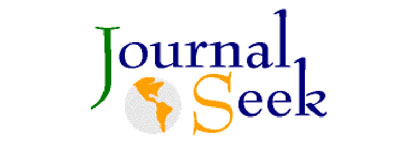An Analysis on Household waste Management during Covid-19 Pandemic Era (Study at Suzuki Residents, North Minahasa)
DOI:
https://doi.org/10.21776/ub.jpal.2021.012.01.02Abstract
The purposes of this research were, (1) to analyze the characteristics of household waste arising during the Covid-19 Pandemic era, and (2) to describe the knowledge, perceptions and residents’ behavior in managing their waste during the Covid-19 Pandemic era. The method used in this research was quantitative method in which Suzuki Residence, Watutumou III Village, Kalawat District, City of North Minahasa, North Sulawesi Province, was used as research site. The results of the research found that the characteristics of household waste that obtained were 20.34 kg of total waste in seven days of measurement; the waste consisted of 49% plastic waste, 22% organic waste, 13% textile waste, 13% paper waste and 0.09% glass waste. The Residents' Perception of Home Waste Management tends to view the Recycle principle or recycling as the most efficient principle to solve the waste problem. The Residents' behavior in Home Waste Management were often littering and burning rubbish in the home environment. That it takes a comprehensive and sustainable socialization of waste management to the community, and is also followed by providing incentives and disincentives to people who want to reduce and or manage waste generated from household activities in the residence environment.
Keywords: Management, Household Waste, Covid-19 Pandemic
Downloads
Published
Issue
Section
License
Copyright (c) 2021 IKA SAPUTRI WULANDARI

This work is licensed under a Creative Commons Attribution 4.0 International License.
Authors who publish with this journal agree to the following terms:
- Authors retain copyright and grant the journal right of first publication with the work simultaneously licensed under a Creative Commons Attribution License that allows others to share the work with an acknowledgement of the work's authorship and initial publication in this journal.
- Authors are able to enter into separate, additional contractual arrangements for the non-exclusive distribution of the journal's published version of the work (e.g., post it to an institutional repository or publish it in a book), with an acknowledgement of its initial publication in this journal.
- Authors are permitted and encouraged to post their work online (e.g., in institutional repositories or on their website) prior to and during the submission process, as it can lead to productive exchanges, as well as earlier and greater citation of published work (See The Effect of Open Access).














